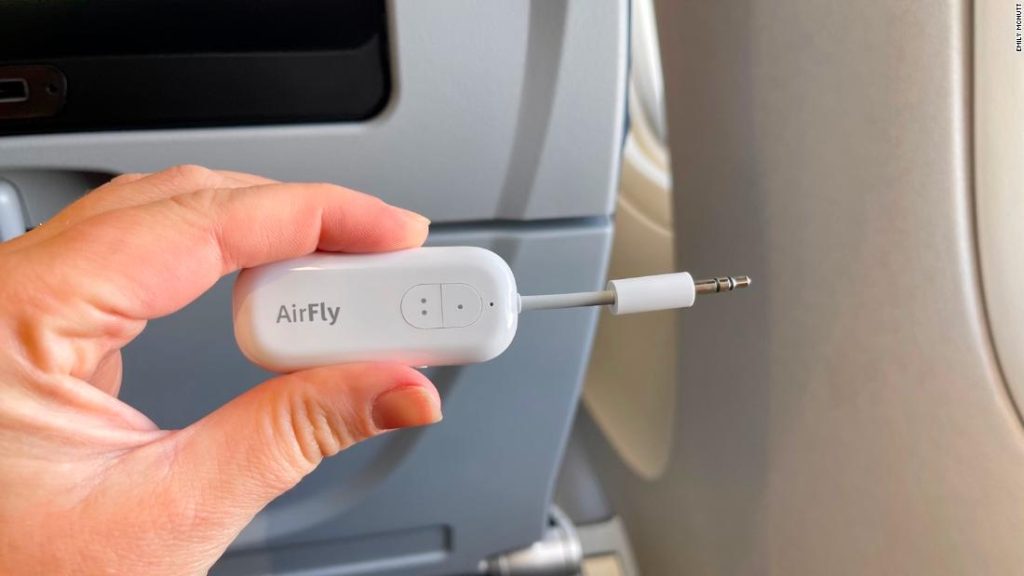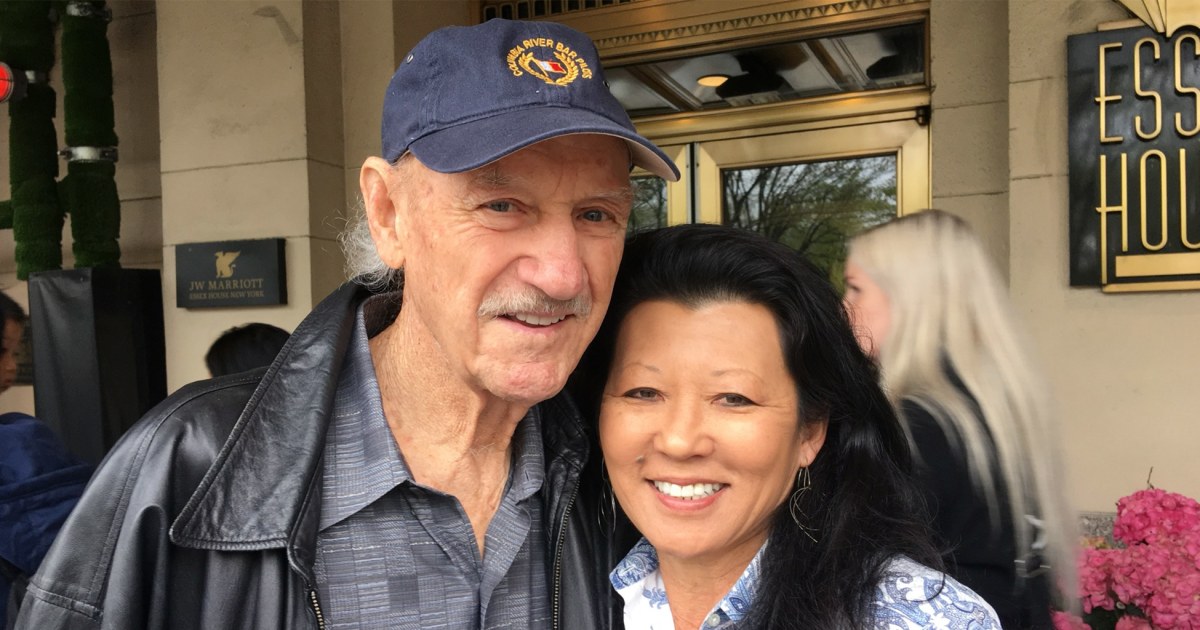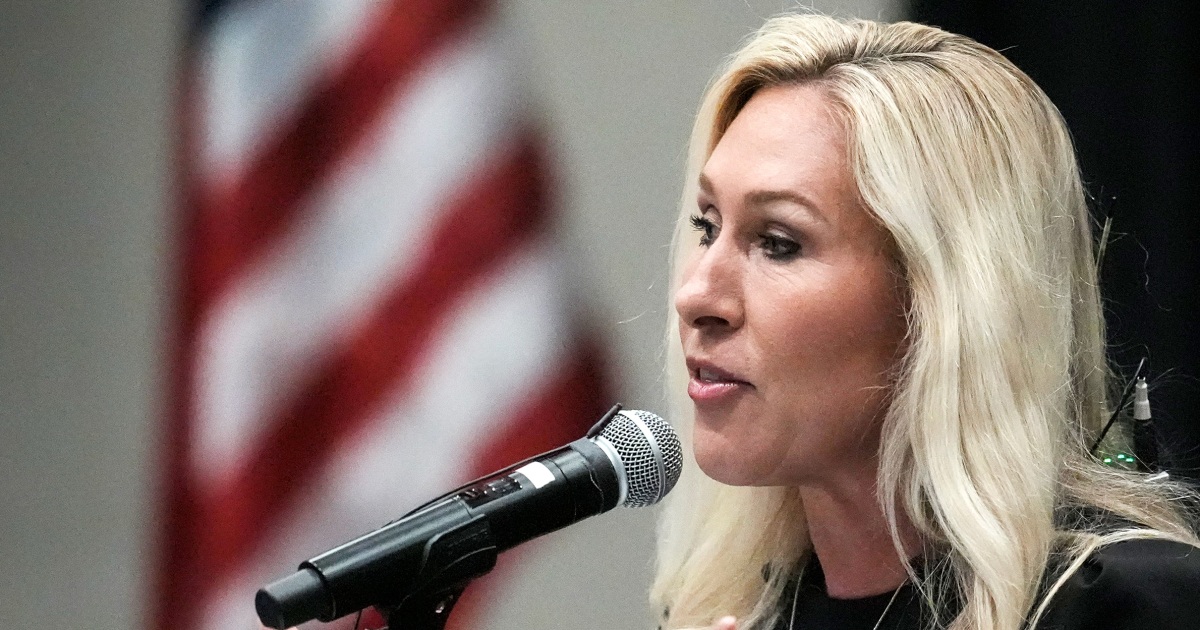Now Reading: What happens if a president and the federal government fail to follow a judge’s orders?
-
01
What happens if a president and the federal government fail to follow a judge’s orders?
What happens if a president and the federal government fail to follow a judge’s orders?

Accusations have been made against the Trump administration for disregarding or openly opposing recent federal court orders, with two judges now considering contempt charges against officials. District Judge James Boasberg of Washington escalated the situation on Wednesday by stating there is a strong possibility of finding the government in contempt. This comes after officials showed deliberate disregard for his order to bring back planes carrying alleged Venezuelan gang members before they were deported to El Salvador. In a separate case concerning Kilmar Abrego Garcia, a man mistakenly deported to El Salvador, the presiding federal judge criticized the administration for its lack of action. The judge hinted at the possibility of holding officials in contempt. The Supreme Court had ruled that the government must assist in facilitating Abrego Garcia’s return to the U.S.
Although the two cases are separate, further legal proceedings are expected in both. Boasberg mentioned in his order that the government can rectify the contempt ruling by complying with the original order. In the case involving Venezuelans, this would involve allowing those sent to El Salvador to argue against their deportation. In the Abrego Garcia case, Judge Paula Xinis demanded officials show what steps they have taken to facilitate his return before making a decision on the next course of action. If Abrego Garcia is returned to the U.S. within that time frame, it could resolve the issue. If the government continues to be non-compliant, both judges may pursue further actions.
Boasberg is considering criminal contempt, which typically requires charges by the Justice Department overseen by the president. However, if the government refuses to prosecute, Boasberg indicated he would appoint an attorney to carry out that function. Another avenue is civil contempt, where a judge can hold the government or an official in contempt and impose fines or order jail time until compliance is met. Presidents cannot be held in contempt due to court injunctions against the federal government.
The option of jailing a government official to enforce a court order is complex, as federal contempt orders are enforced by U.S. marshals under the executive branch. It would be against the law for the president to order the marshals not to enforce a contempt order. Judges may bypass the marshals and appoint other parties to enforce contempt rulings if necessary. Appeals courts, including the Supreme Court, would determine the fate of a contempt ruling against the Trump administration. While district court judges issue contempt findings, sanctions are seldom upheld on appeal. The Supreme Court emphasized the importance of courts being able to enforce orders through contempt, warning that without this power, the court’s authority would be undermined.






